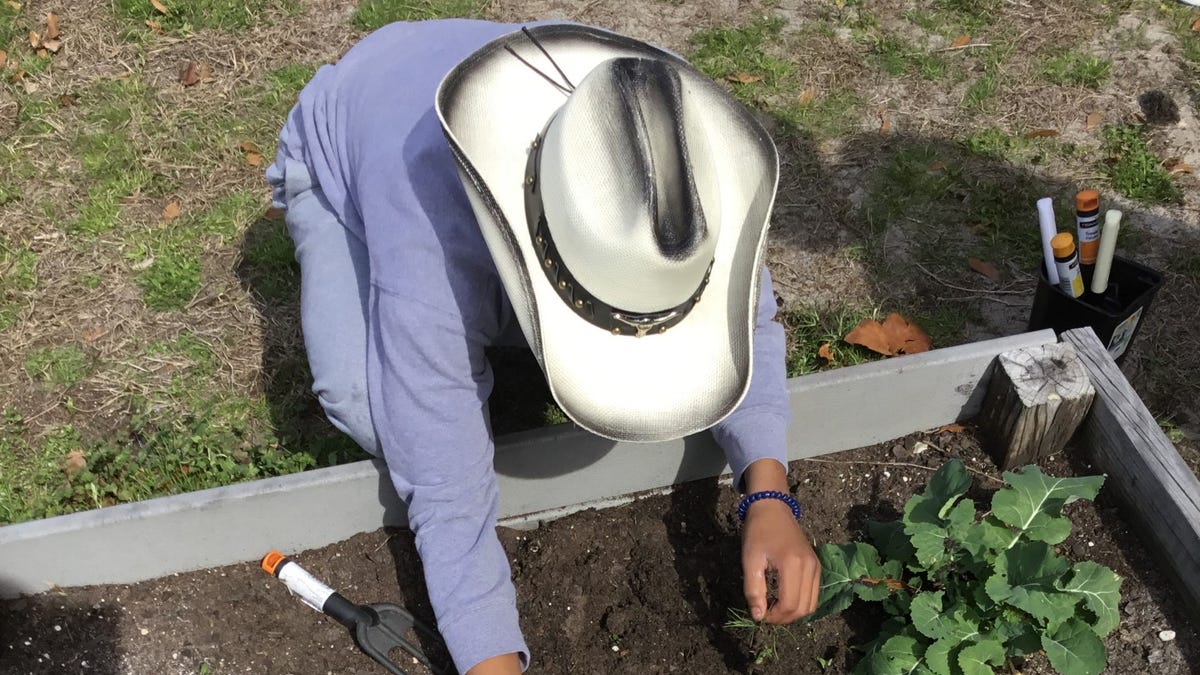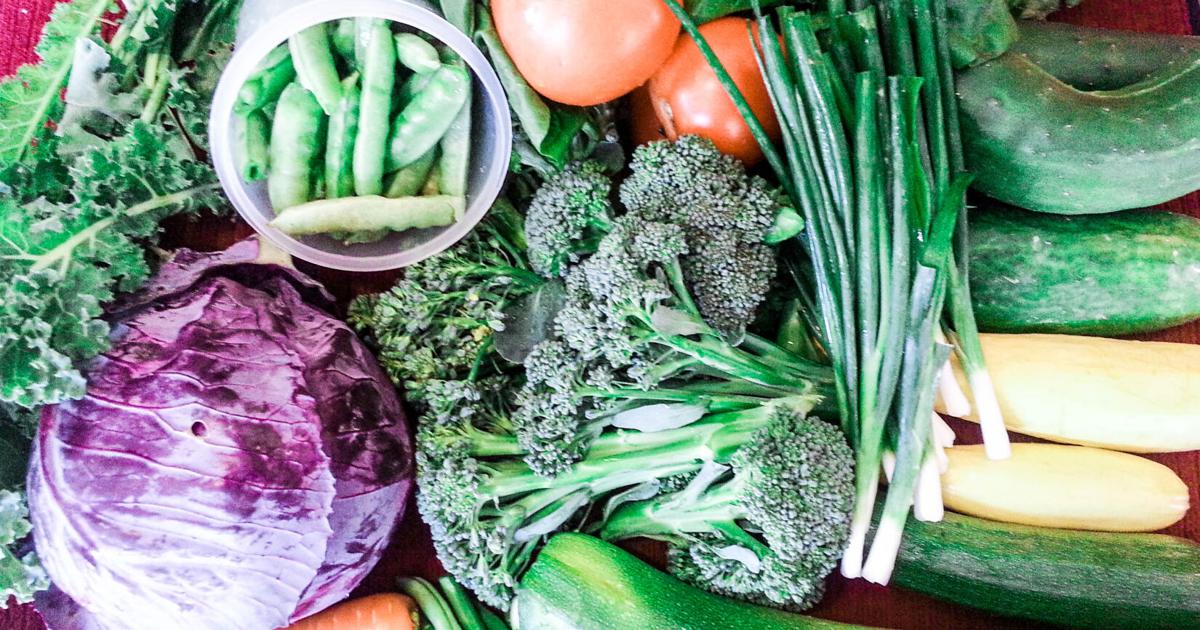As another school year comes to a close, we’re reflecting on a rewarding and impactful year of the N.C. Cooperative Extension Therapeutic Horticulture program at Lake Forest Academy. This program continues to be a powerful tool for hands-on learning, emotional growth, and environmental awareness, giving students opportunities to connect with nature and with each other in meaningful ways.
Throughout the year, students have been actively involved in planting and caring for a wide variety of vegetables, including collards, radishes, beets, cilantro, spinach, sugar snap peas, potatoes, and more. These experiences have taught them not only how to grow food from seed but also the importance of patience, responsibility, and consistency. One of the highlights of the garden has been our sensory herb garden, where students enjoy the calming fragrances and textures of herbs such as lavender and rosemary. This space invites them to slow down, observe, and engage with their senses.
Looking ahead, students have recently planted seeds for a summer cut flower garden featuring zinnias, dianthus, and other colorful blooms. Meanwhile, our pollinator garden has continued to thrive, attracting bees and butterflies while offering students a living example of the vital role pollinators play in plant reproduction, food systems, and biodiversity. These experiences bring science lessons to life and help reinforce classroom learning about life cycles, ecosystems, and environmental stewardship.
Therapeutic horticulture — the purposeful use of gardening to support emotional, social, and physical development — has had a deeply positive impact on our students. Gardening encourages physical activity, healthy habits, and cooperation. It also helps students manage stress, improve focus, and develop confidence as they see their efforts literally bloom before their eyes. Working together to care for the garden fosters a sense of ownership, teamwork, and community pride.
In addition to traditional gardening, students have taken part in a variety of creative and educational activities. They learned about vermicomposting and explored the compost to find and observe worms. They experimented with growing sweet potato slips in both water and soil to compare different methods. Students also made their own soil blocks as a sustainable alternative to plastic pots and planted sunflower seeds to brighten the school grounds. As part of the art and sensory exploration component, students created vibrant garden signage and even made mud paintings using soil and water as their “paint.” They also grew and harvested loofahs, learning how to use these natural sponges as eco-friendly alternatives to synthetic ones.
Gardening at Lake Forest Academy provides more than fresh produce — it nurtures growth, curiosity, creativity, and self-confidence. Through therapeutic horticulture, our students are not just learning how to grow plants; they are developing essential life skills and discovering the value of care, collaboration, and connection.
Kadence Baumgardner is the Therapeutic Horticulture Program Assistant. The N.C. Cooperative Extension Center for New Hanover County is located at the Arboretum, 6206 Oleander Drive in Wilmington. The gardens are free and open daily from 8 a.m. to 5 p.m. Reach her at [email protected] or 910-798-7660.








